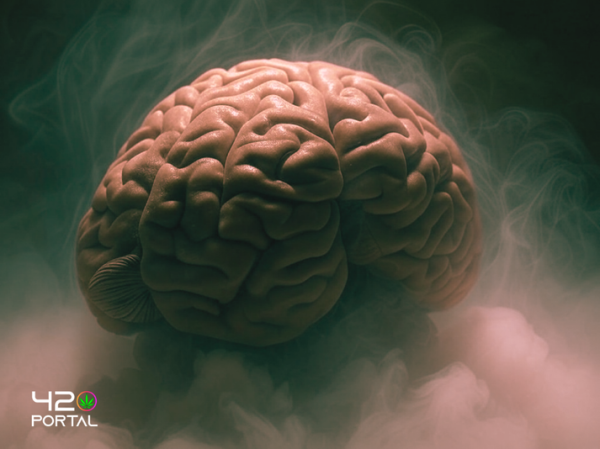Medical Marijuana as a Dementia Treatment Option

05/09/2025
Medical marijuana is gaining attention as a potential therapy for dementia, though its benefits and risks demand careful consideration. The endocannabinoid system, influenced by marijuana’s compounds like THC and CBD, plays a role in regulating mood, memory, and pain — functions often impaired in dementia.
CBD, a non-psychoactive component, may reduce brain inflammation and oxidative stress, potentially slowing the rate of cognitive decline. THC, which causes psychoactive effects, could alleviate behavioral issues such as agitation or anxiety, providing relief for patients and caregivers. These properties position medical marijuana as a possible complement to traditional dementia treatments, particularly for those with limited response to standard medications.
Yet, the evidence supporting its use remains sparse. Research is constrained by small studies and variable outcomes due to marijuana’s Schedule I classification, leaving gaps in understanding long-term effects. THC’s psychoactive properties are a concern, as they may exacerbate confusion or trigger psychosis in older adults with dementia. Side effects, including dizziness or heightened fall risk, further complicate its use, especially in frail patients.
Additionally, marijuana can interact with medications commonly prescribed for dementia or other conditions, posing safety risks. These factors underscore the need for rigorous clinical trials to establish clear guidelines on efficacy and safety.
For those exploring medical marijuana, consulting a healthcare provider is essential. A physician can evaluate the patient’s health profile, including dementia stage and current medications, to determine if the potential benefits outweigh the risks. In areas where medical marijuana is legal, providers may recommend specific formulations, such as CBD-rich oils or edibles, to minimize adverse effects. Close monitoring by caregivers is crucial to detect changes in cognition or behavior.
While medical marijuana offers hope as an alternative therapy, it’s not a universal remedy. Families must approach it thoughtfully, guided by professional advice, as research continues to shape its role in dementia care.
Reference
CBD, a non-psychoactive component, may reduce brain inflammation and oxidative stress, potentially slowing the rate of cognitive decline. THC, which causes psychoactive effects, could alleviate behavioral issues such as agitation or anxiety, providing relief for patients and caregivers. These properties position medical marijuana as a possible complement to traditional dementia treatments, particularly for those with limited response to standard medications.
Yet, the evidence supporting its use remains sparse. Research is constrained by small studies and variable outcomes due to marijuana’s Schedule I classification, leaving gaps in understanding long-term effects. THC’s psychoactive properties are a concern, as they may exacerbate confusion or trigger psychosis in older adults with dementia. Side effects, including dizziness or heightened fall risk, further complicate its use, especially in frail patients.
Additionally, marijuana can interact with medications commonly prescribed for dementia or other conditions, posing safety risks. These factors underscore the need for rigorous clinical trials to establish clear guidelines on efficacy and safety.
For those exploring medical marijuana, consulting a healthcare provider is essential. A physician can evaluate the patient’s health profile, including dementia stage and current medications, to determine if the potential benefits outweigh the risks. In areas where medical marijuana is legal, providers may recommend specific formulations, such as CBD-rich oils or edibles, to minimize adverse effects. Close monitoring by caregivers is crucial to detect changes in cognition or behavior.
While medical marijuana offers hope as an alternative therapy, it’s not a universal remedy. Families must approach it thoughtfully, guided by professional advice, as research continues to shape its role in dementia care.
Reference







